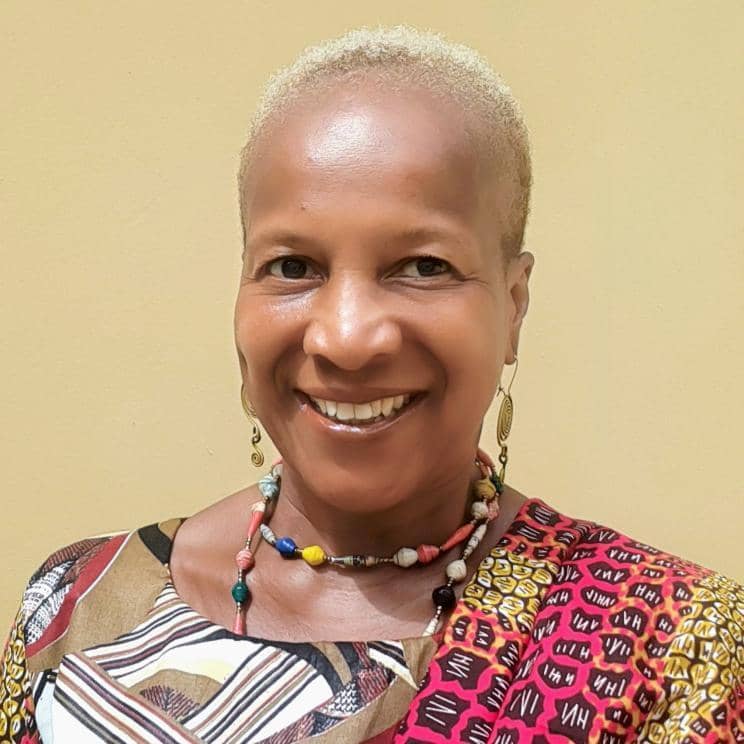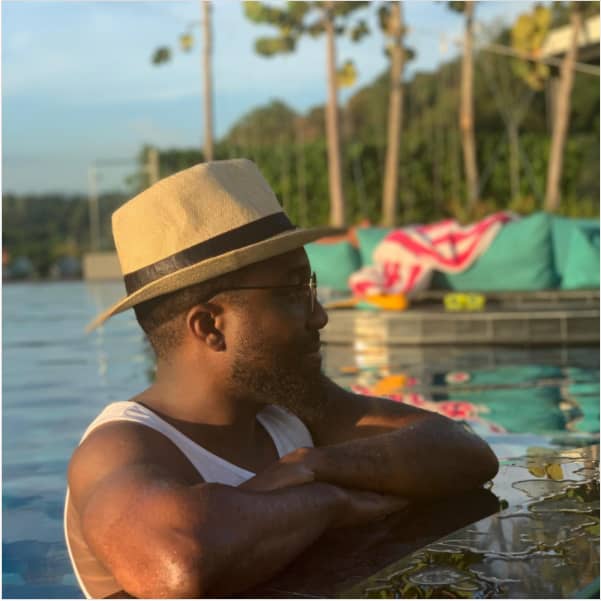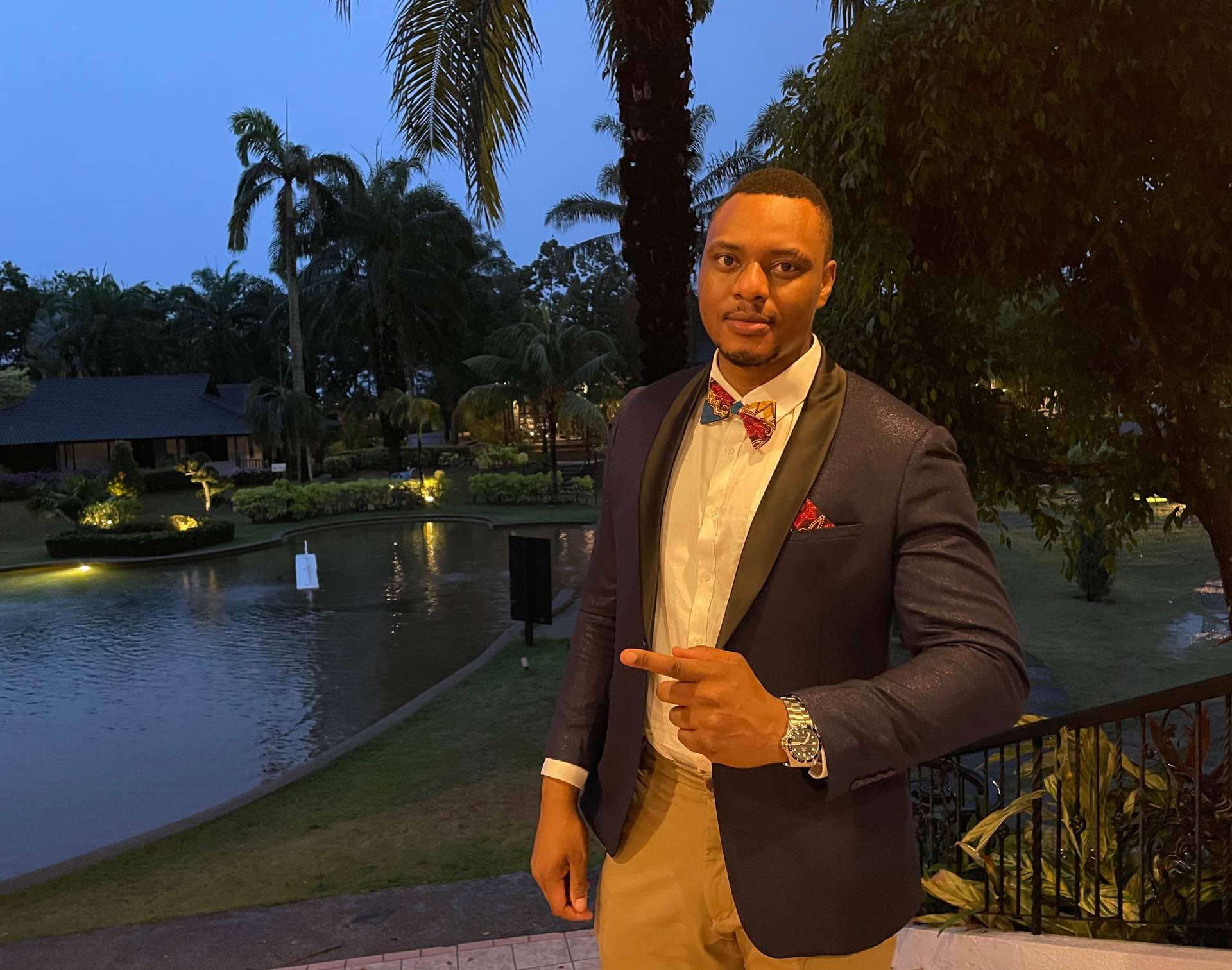We recently caught up with Amanda Bates, founder and editor-in-chief of The Black Expat, which highlights the international experiences of black people in diaspora around the world. Amanda, who is also a high education and student affairs counsellor, talks about her inspiration for The Black Expat and some of the community’s plans for the future. We’ll let her tell you:
Tell us about Amanda Bates. Who is she and what is The Black Expat about?
Well, I am the founder of The Black Expat, a digital platform that focuses on the experiences of black expatriates/immigrants and international living. Much of the concept was influenced by own upbringing and experiences.
I was born in Washington, DC but spent my formative years in Cameroon, where my family is originally from. For me in both societies had such an immense impact in a positive way. And that’s partially how The Black Expat was born.
I move in and out of expat circles quite a bit and I wasn’t really seeing the experiences of black people be represented. In addition, I was preparing for my own move and had specific questions that pertain to black women that I wanted to be answered.
That’s when I really noticed how little information was available about pertained particularly to black people moving and I wanted to remedy that.
Other expats are those of us who are typically not considered professionals, more like immigrants. What was it like being an expat in the Middle East? What was one memorable experience you had as a black expat there?
Yeah. there’s an assumption that if you’re from the Global South, you’re an immigrant as if the term expat couldn’t apply. Yet, I know quite a few people who move to a location for a specific reason — education, job opportunity, etc, with the intention of returning home.
In many ways, there was much of the Middle East that didn’t surprise me. I have been fortunate to travel to quite a few places and I always try to do my research before I go somewhere new.
There were aspects that reminded me of places I’ve been. Qatar is family and community-oriented. I appreciated that. I love that many the collective is considered and not just the individuals. That reminded me a lot of being in West Africa.
It’s also a really diverse place. The vast majority of the population is from somewhere else, so you’re constantly meeting people from all walks of life. It is a pretty diverse place and you meet people from all walks of life.
One of my favourite experiences was participating in a majilis, which is an Arabic term for council. Usually, it is when men or women gather to discuss issues. It can be political, social or just for fun.
One of the mothers of one of my students hosted it in their house for all the new female students and staff. It was great. We got to experience so much of the local food and learn about the culture. It was just a really wonderful introduction to the local culture.
I understand that The Black Expat is exploring going digital. Can you tell us more about that?
We are already digital in the sense that The Black Expat is a website. What we are doing is strategically diversifying how we are delivering content.
We recently launched a new YouTube series called The Black Expat Presents: The Journey to underscore how black individuals and families have been impacted by international and cross-cultural living.
I think that’s big for us because people want to see and hear honest stories about other black experiences that both provide representation and inspiration.
Is it going to be considered a dating app/platform?
Nah. no plans, for that. However, if someone finds love through all the mechanisms we have to connect black expats, good for them!
You have, and continue to connect with expats from around the world. With your experience, how would you describe the global ‘other expat’ situation, and what’s your one advice for black expats in a foreign country?
Well, there is a reason why our websites exist — The Black Expat, Other Expats. So much of the expat literature out there doesn’t quite discuss the diversity of expatriate experiences.
Very much of it is written from a Western, often white perspective. The truth is no one group has a monopoly on what it means to be an expat. And no individual experiences are the same.
And the truth is much of our experiences are influenced by our passports, in some circumstances. The experiences of an American expat can be very different from a Togolese one or a Filipino one.
In addition, “How you expat” is also at play. Moving to a country as a diplomat can be a very different experience and expectation than if you move as an economic migrant or an international student.
That being said, I think it is super important to learn as much as you can from those who have experience with your new host culture. Talk to locals and learn the customs and get a feel for how they embrace their world. Also, talk to peers, or other contacts, who have experience can give you information on how to survive.








